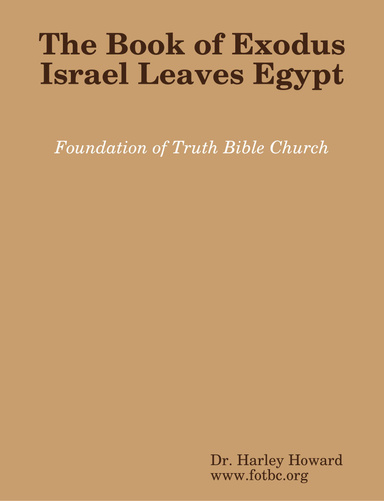

Silver’s thesis is basic, and unsurprising: “Exodus” is a national liberation story, a Wild West saga, replete with good guys and bad guys, in large measure Uris’s own quintessentially American “liberation” story. In “Our ‘Exodus’: Leon Uris and the Americanization of Israel’s Founding Story” (Wayne State University Press), the eponymous “Americanization” is an interpretation of Zionism - and by extension the struggle for the creation of the state - as a replay of 1776.

Silver, a historian at the Max Stern College in Israel, incisively unpacks the cross-cultural currents that made “Exodus” what it was, and in the process offers a clever reading of the social history of the 1950s in America.

Who can forget freedom fighter Ari Ben Canaan and his fellow “hard and powerful” Sabras Ari’s foil, nurse Kitty Fremont (the ultimate in the cool-shiksa genre), Holocaust survivors Dov Landau and Karen Clement, British general Bruce Sutherland (“Am I Jew or am I Christian?”)? These and a host of others have entered the low end of the literary canon as typologies in the narrative of the creation of Israel, of what David Ben-Gurion (himself a typology, indeed a caricature, of David Ben-Gurion!) called komemiyut, inadequately translated as “independence” but rather the concept signifying the uniqueness of Israel’s struggle for freedom and statehood.īut what was “Exodus” all about? More: what explains the impact of “Exodus” in America and in the Soviet Union, indeed the hold the novel and the movie had over successive generations of Jews? Was the novel historically suspect? To be sure. Mining the “Wild West” genre, Leon Uris’ “Exodus” sold more than seven million copies in the United States, and was the underground “bible” for Soviet Jews. An entire generation of American Jews - and Americans generally - were riveted by the 1958 best-selling novel, “Exodus,” and by the blockbuster movie two years later.


 0 kommentar(er)
0 kommentar(er)
